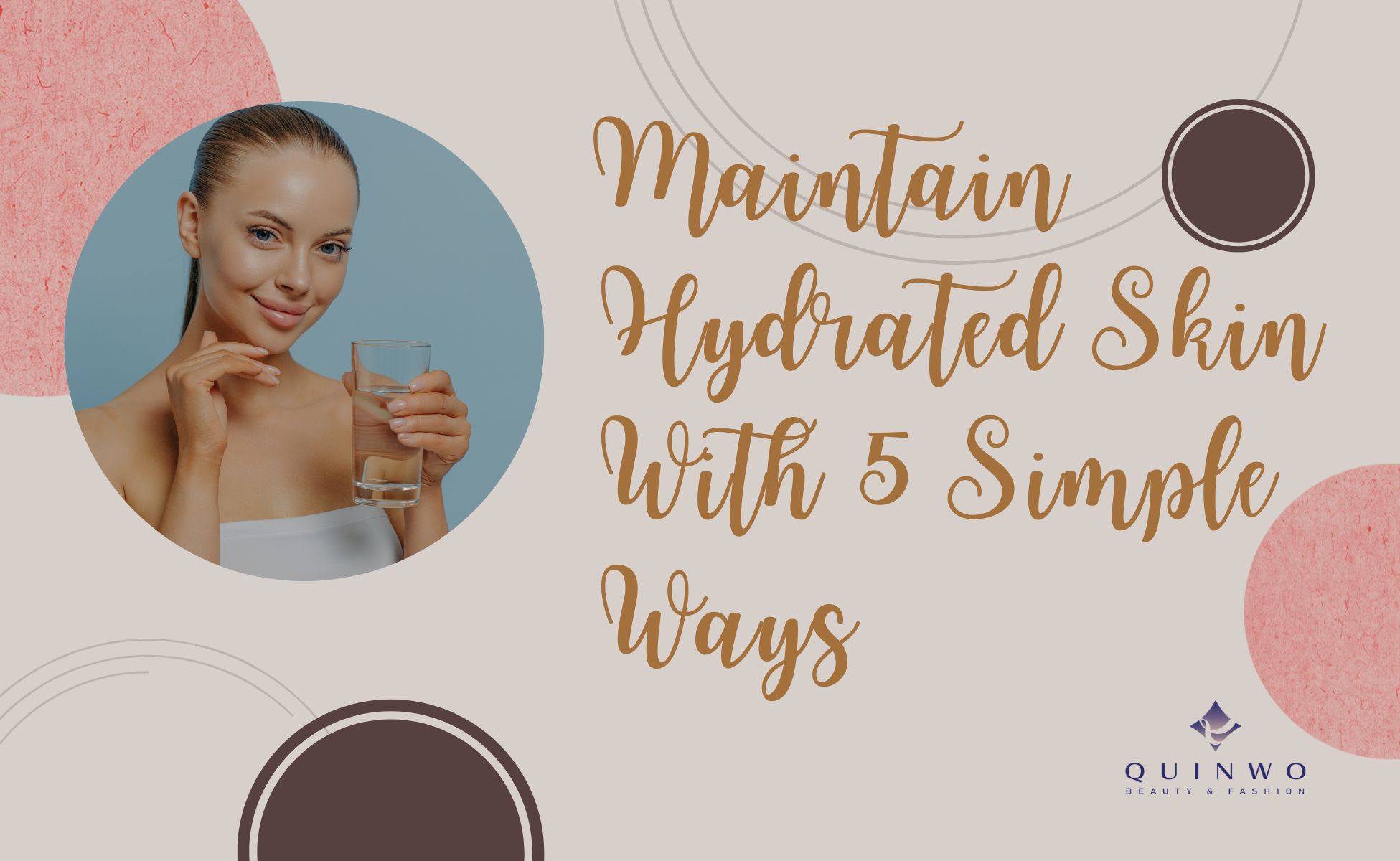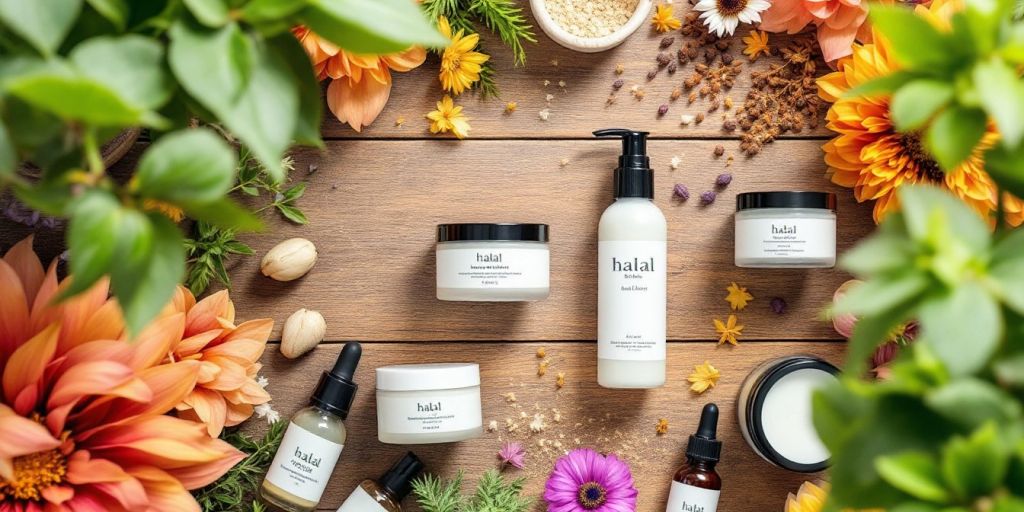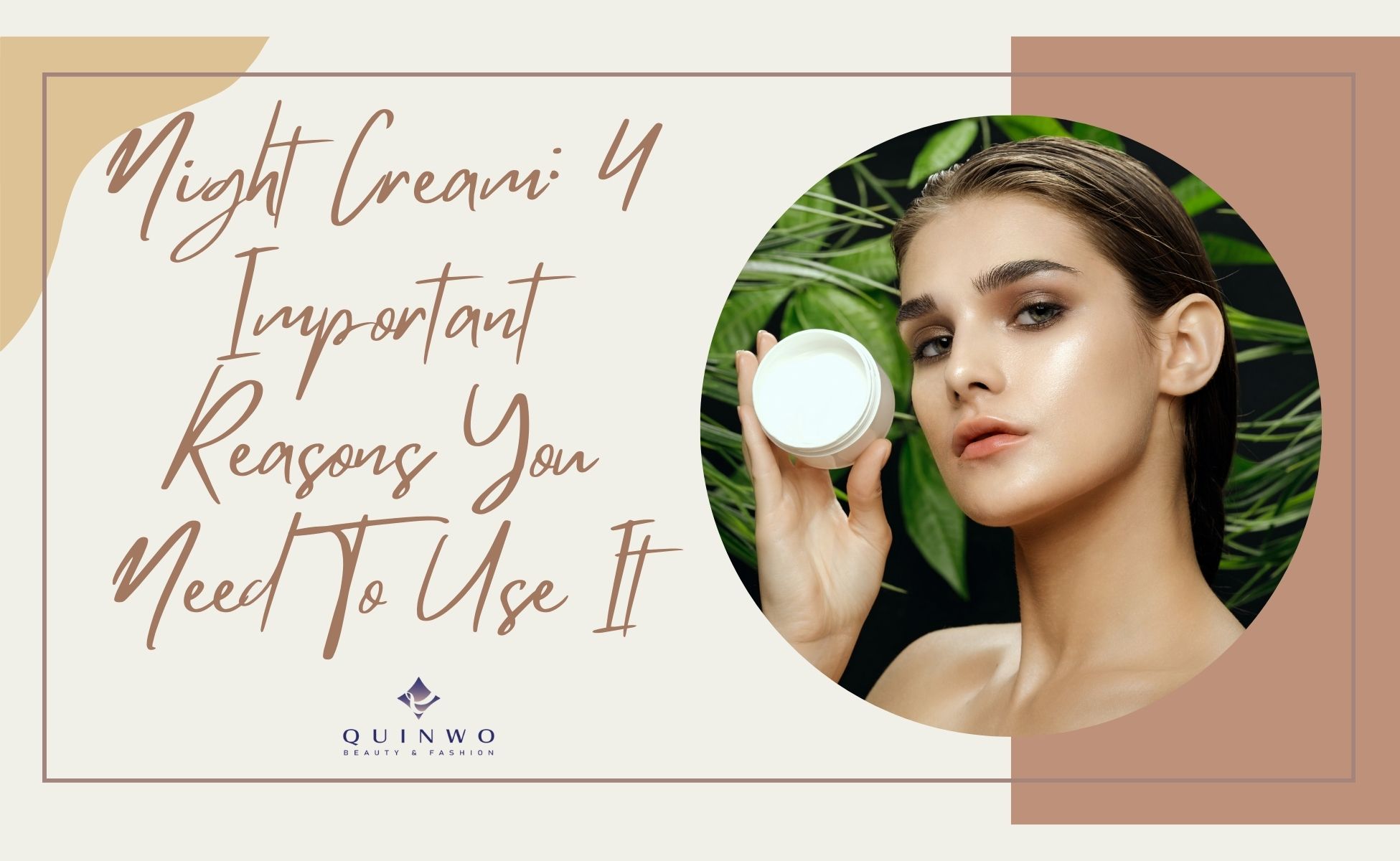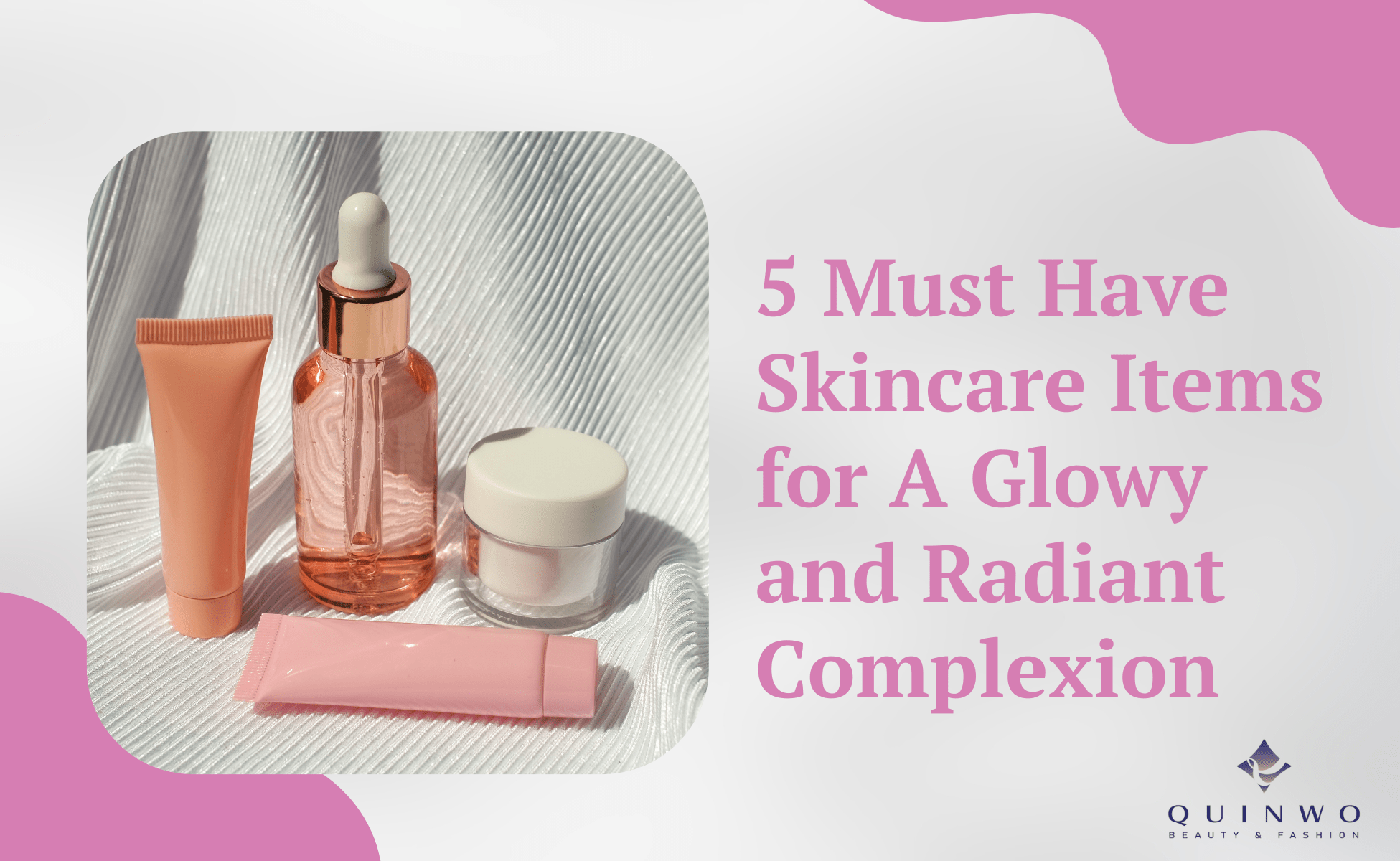Maintain Hydrated Skin With 5 Simple Ways
Who doesn’t love to have hydrated skin? If your skin gets dry and tight, it may be a sign of dehydration. Haying hydrated skin is the cornerstone of a healthy and radiant complexion. It helps to make you look better and more youthful. Also, it helps to maintain your skin’s natural function.
Many factors will cause your skin to dehydrate, and it takes some effort to maintain hydrated skin. It may not be easy to be consistent, but keeping your skin hydrated is worth the time. Besides, having hydrated skin can help prevent many issues, such as being less likely to have acne problems.
Keeping your skin hydrated can be easy. It is just a matter of whether you can consistently integrate the following tips into your daily routine. In this article, we will explore ways to keep your skin hydrated to allow you to enjoy a glowing and youthful appearance.
Why Is Maintaining Hydrated Skin Important?
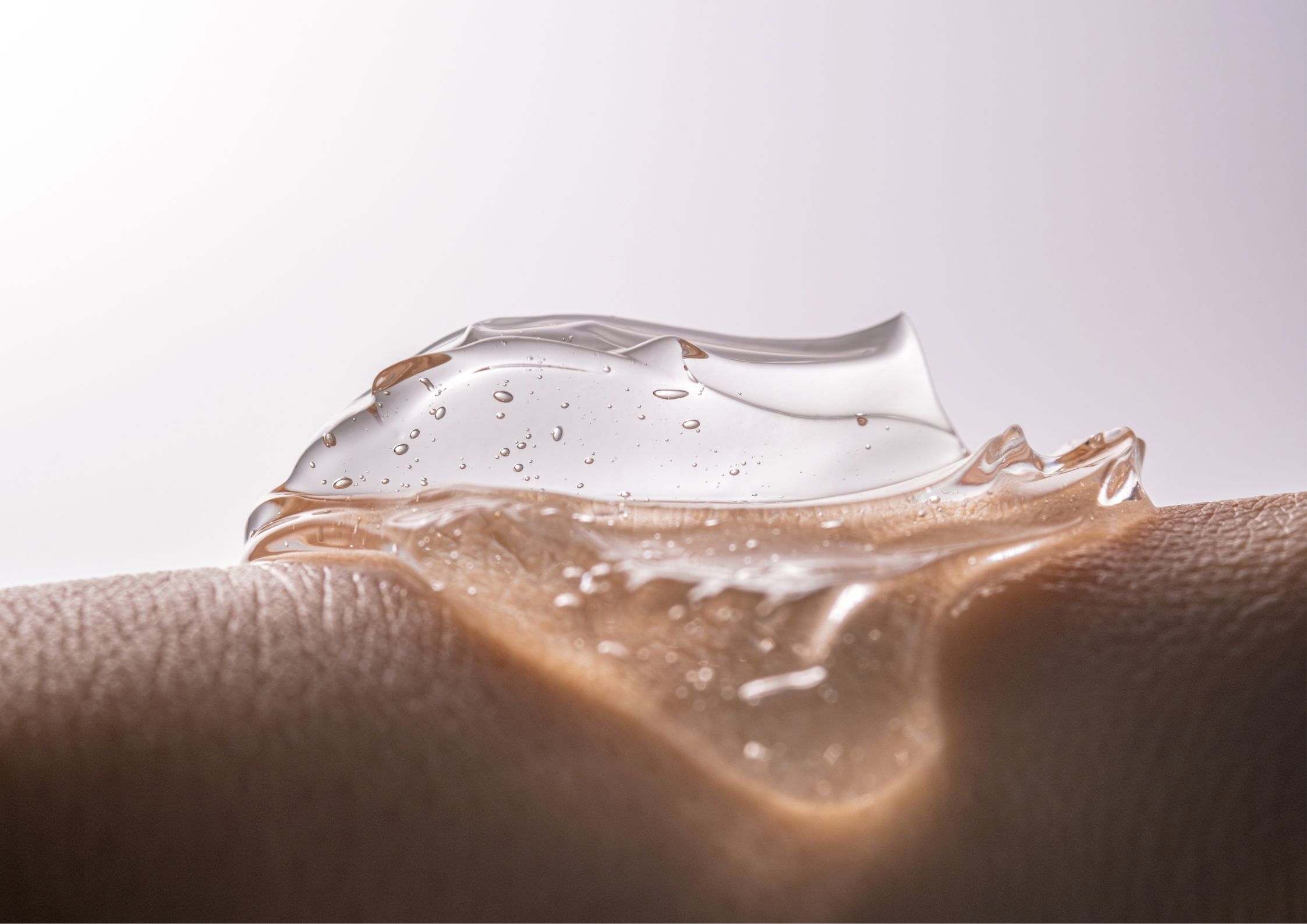
Hydrated skin acts as a natural barrier that locks in moisture. When your skin is well-hydrated, it prevents water loss and maintains a healthy moisture balance. It helps to prevent dryness, flakiness, and the uncomfortable, tight feeling associated with dehydrated skin.
It also helps to maintain your skin’s elasticity. When your skin is supple and well-hydrated, it can bounce back more easily from stretching and movement. This elasticity reduces the appearance of fine lines and wrinkles, making you look more youthful.
Dry and dehydrated skin is more prone to irritation and redness. It can become sensitive and reactive to environmental factors like wind, pollution, and harsh skincare products. Hydrated skin acts as a protective barrier, reducing the risk of irritation.
It also aids in producing sebum, the skin’s natural oil, which keeps the skin’s surface soft and supple. It also helps with cell turnover, ensuring your skin constantly renews.
Ways To Maintain Hydrated Skin #1 - Drink Plenty Of Water
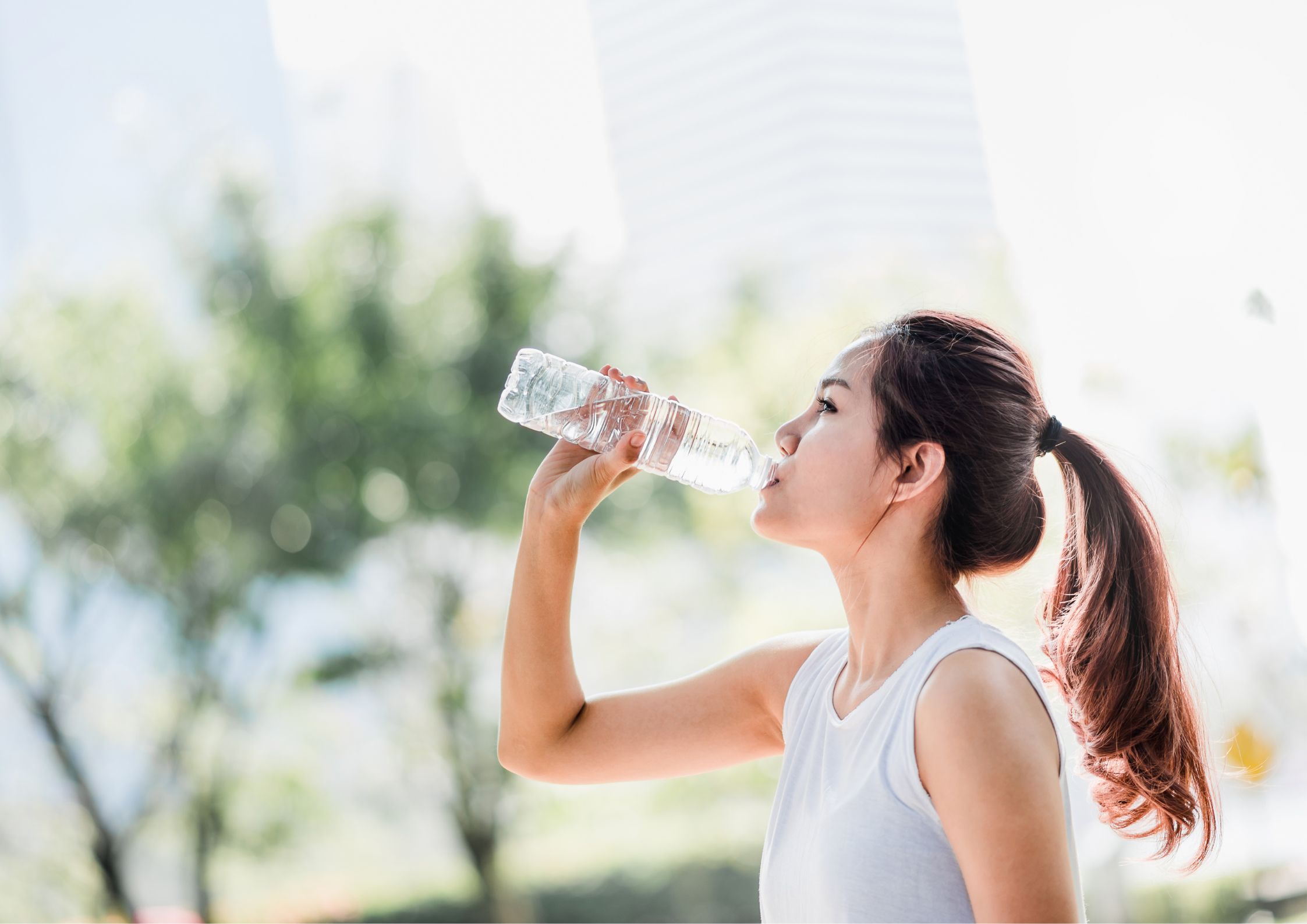
Drinking plenty of water is a fundamental and simple yet highly effective way to promote overall health and well-being. Drinking water doesn’t moisturize our skin directly, but water is the primary component of our body, making up a significant portion of our cells, tissues, and organs. It will replenish the water we lose daily through activities like sweating and urination to maintain proper hydration.
Drinking plenty of water helps keep moisture in your cells, making your skin appear more plump. Dehydrated skin is more sensitive and prone to irritation. Drinking water helps maintain a protective barrier on your skin’s surface, reducing the likelihood of redness and discomfort.
Water also acts as a natural detoxifier. It helps your body flush out toxins and waste products through urine and sweat. When your body is free of toxins, it reflects in the clarity and radiance of your skin.
Ways To Maintain Hydrated Skin #2 - Use A Gentle Cleanser
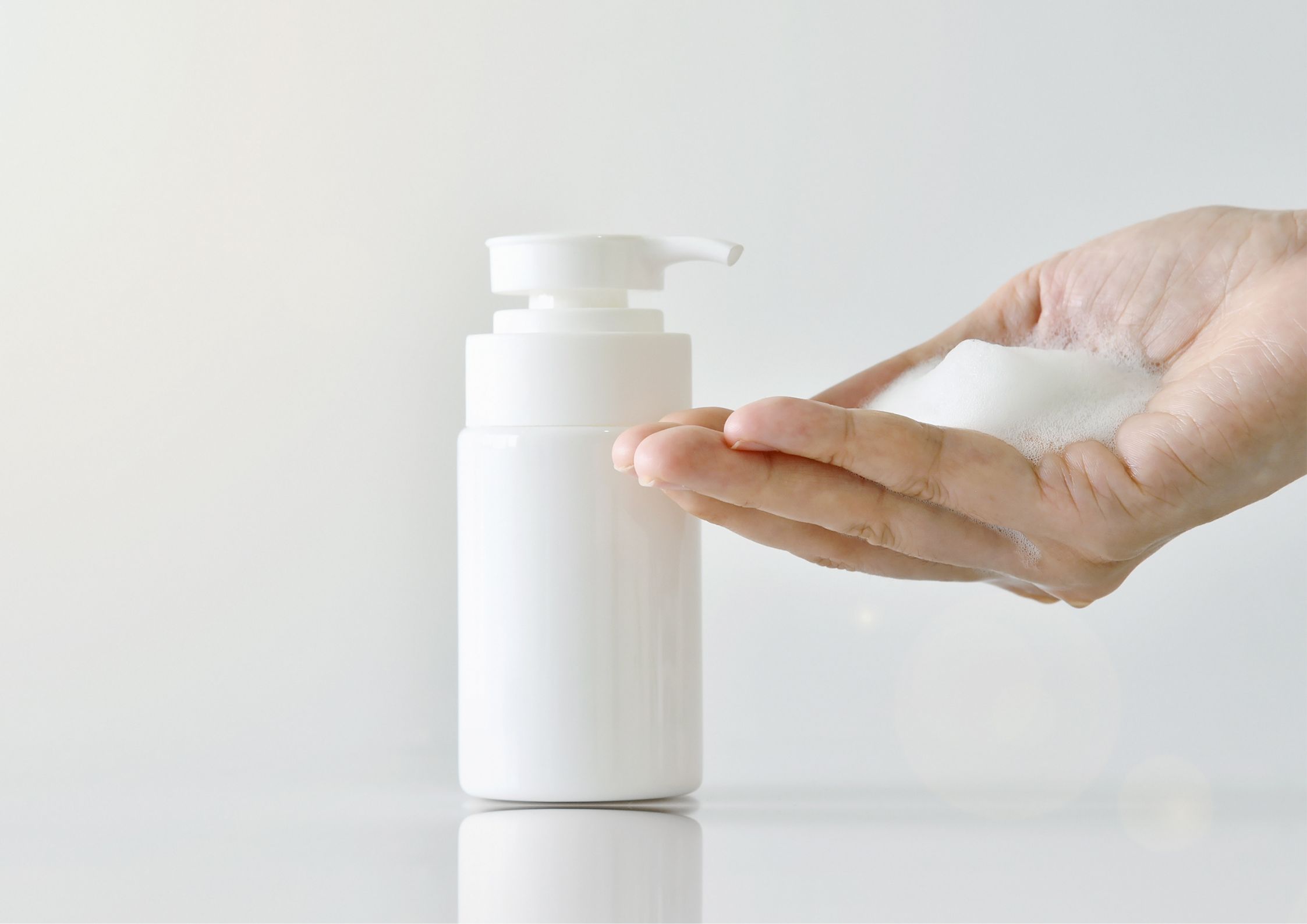
Avoid harsh cleansers, as they will remove the natural moisturizing factors and oils from your skin. It can lead to dryness and cracking. So, when looking for a cleanser, look for a gentle cleanser. Unlike harsh cleansers, gentle cleansers respect your skin’s natural oil barrier. It helps to maintain your skin’s moisture balance and protect it from external aggressors.
Gentle cleansers also prevent dryness and irritation. It helps maintain your skin’s pH balance and makes it calm and comfortable.
Cleansing with a gentle product prepares your skin to absorb subsequent skincare products, such as moisturizers and serums, more effectively. This enhances the benefits of your skincare routine. Remember not to over-cleanse your skin, which can disrupt the skin’s barrier function. It can help keep your skin’s protective barrier intact without overdoing it.
Ways To Maintain Hydrated Skin #3- Moisturize Daily
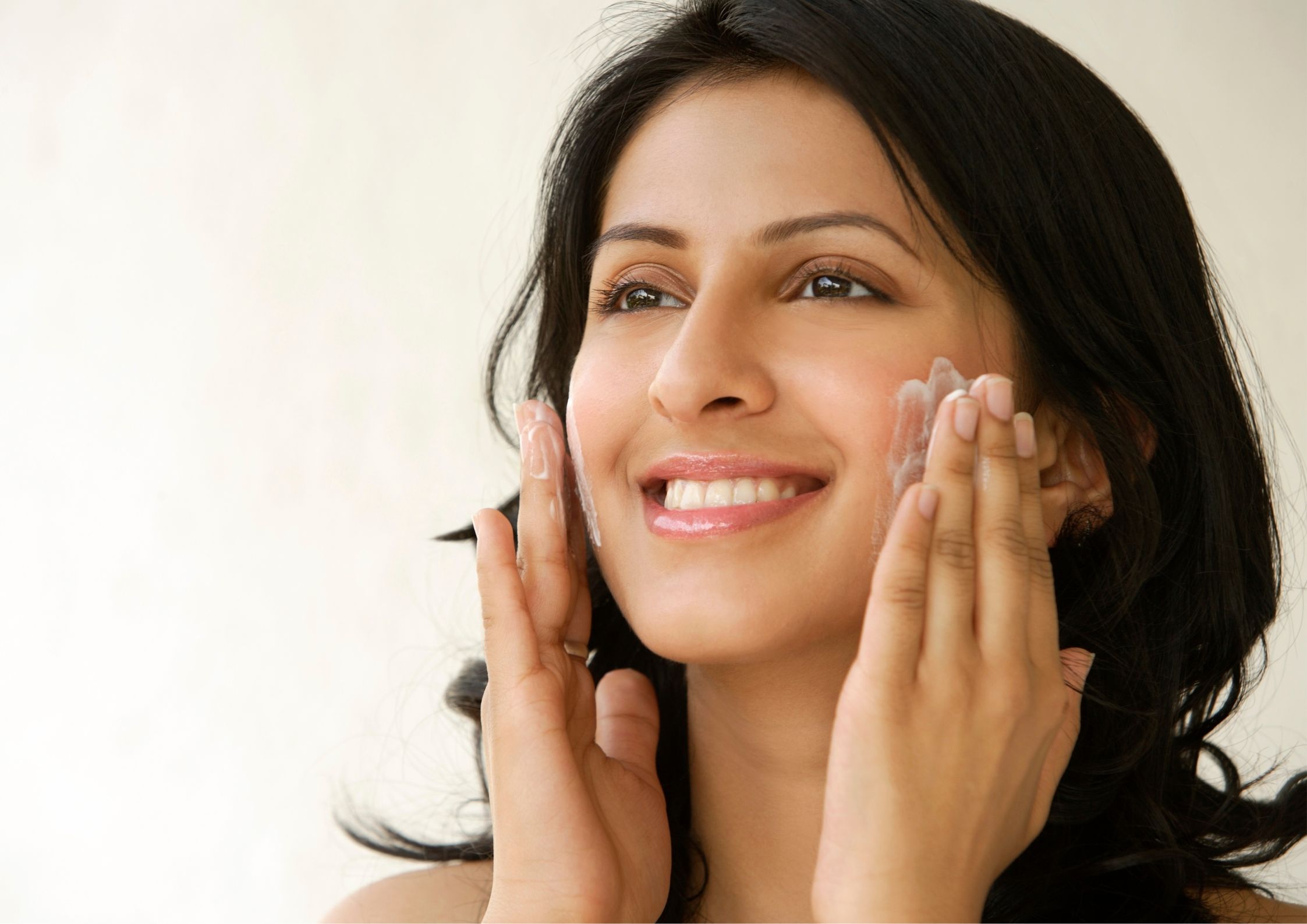
Your body will lose moisture, especially if you are staying in a country with hot weather all year round. It is important to keep your skin moisturized. Do use moisturizers at night before sleeping, as moisturizers are formulated to provide hydration to your skin.
Moisturizers contain water, humectants, and emollients that work together to replenish and lock in moisture. It helps to prevent dryness and flakiness. Skin naturally loses water throughout the day. Moisturizers create a barrier on the skin’s surface that prevents transepidermal water loss, helping your skin retain moisture.
Apply the moisturizer before serums or treatments to help these products penetrate more effectively. This enhances the benefits of your skincare routine. If you want more natural moisturizers, consider drinking honey and milk.
Ways To Maintain Hydrated Skin #4- Use A Humidifier
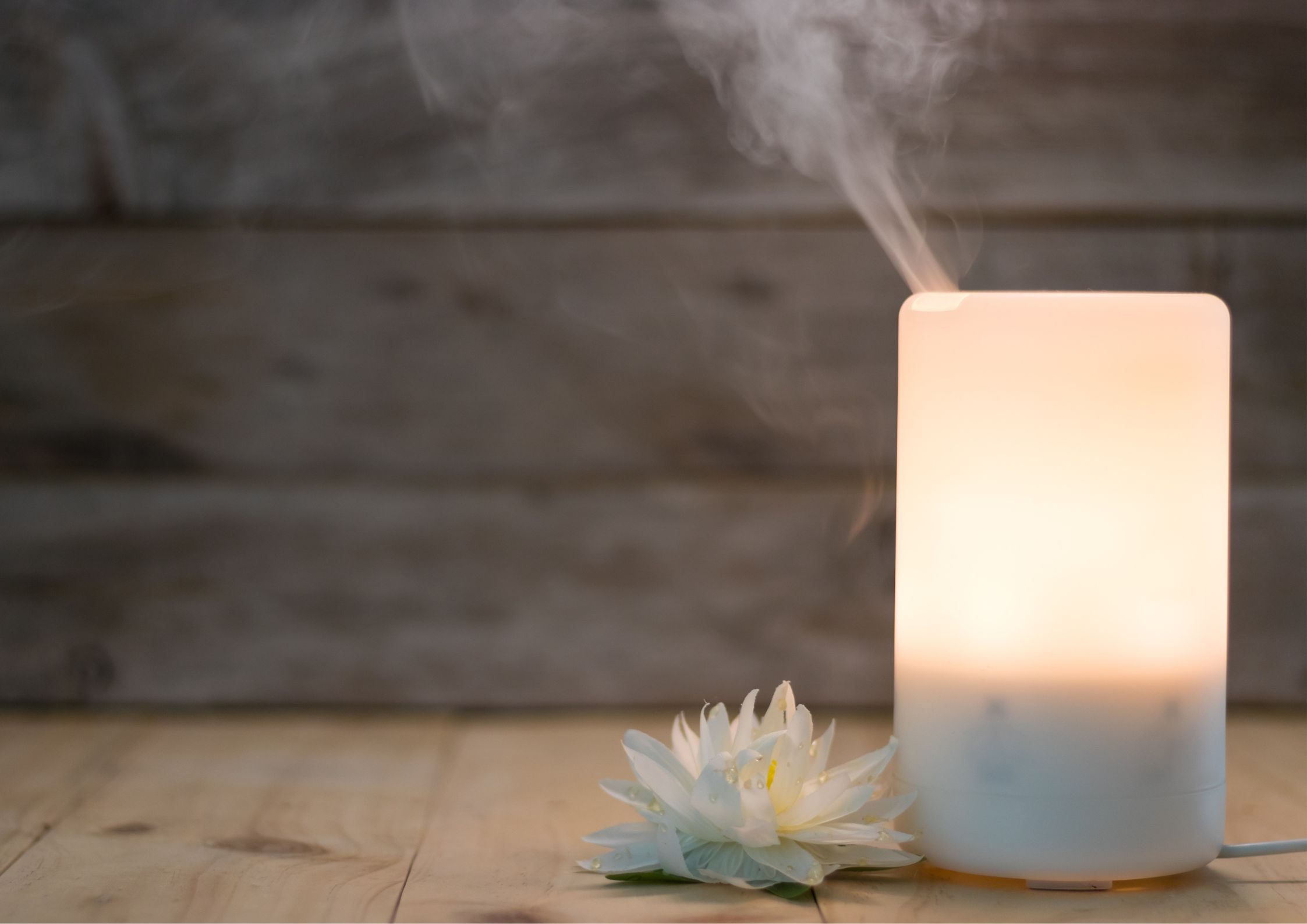
A dry environment will pull moisture from your skin, and it will take harder for your body’s natural factors to keep it hydrated. It is hard to overcome the climate in your area, and using a humidifier in your living space can be a game-changer.
A humidifier might not be the first thing that comes to your mind when planning your skincare routine, but it plays a role in maintaining well-hydrated, healthy skin. Humidifiers release water vapor into the air, increasing the humidity levels in your environment. This added moisture prevents the air from becoming too dry, which can help to keep your skin from drying out.
Adequate humidity levels support your skin’s natural barrier function. When the air is too A humidifier makes it easier for your skin to maintain its protective barrier.
Ways To Maintain Hydrated Skin #5- Get Enough Sleep

Sleeping is not just about getting a rest. Getting quality sleep plays an important part in your health and the appearance of your skin.
During deep sleep, your body’s cells undergo repair and regeneration. This is when damaged skin is healed. New, healthy skin cells are produced. Insufficient sleep can disrupt this process, leading to a dull complexion and delayed healing of skin issues. It is best to sleep through eight hours.
Besides, collagen is produced during sleep. A lack of sleep can slow down collagen production, contributing to wrinkles and sagging skin. Adequate sleep also promotes proper blood circulation. It can improve blood flow, which helps to deliver essential nutrients and oxygen to your skin cells. It can help them function optimally.

